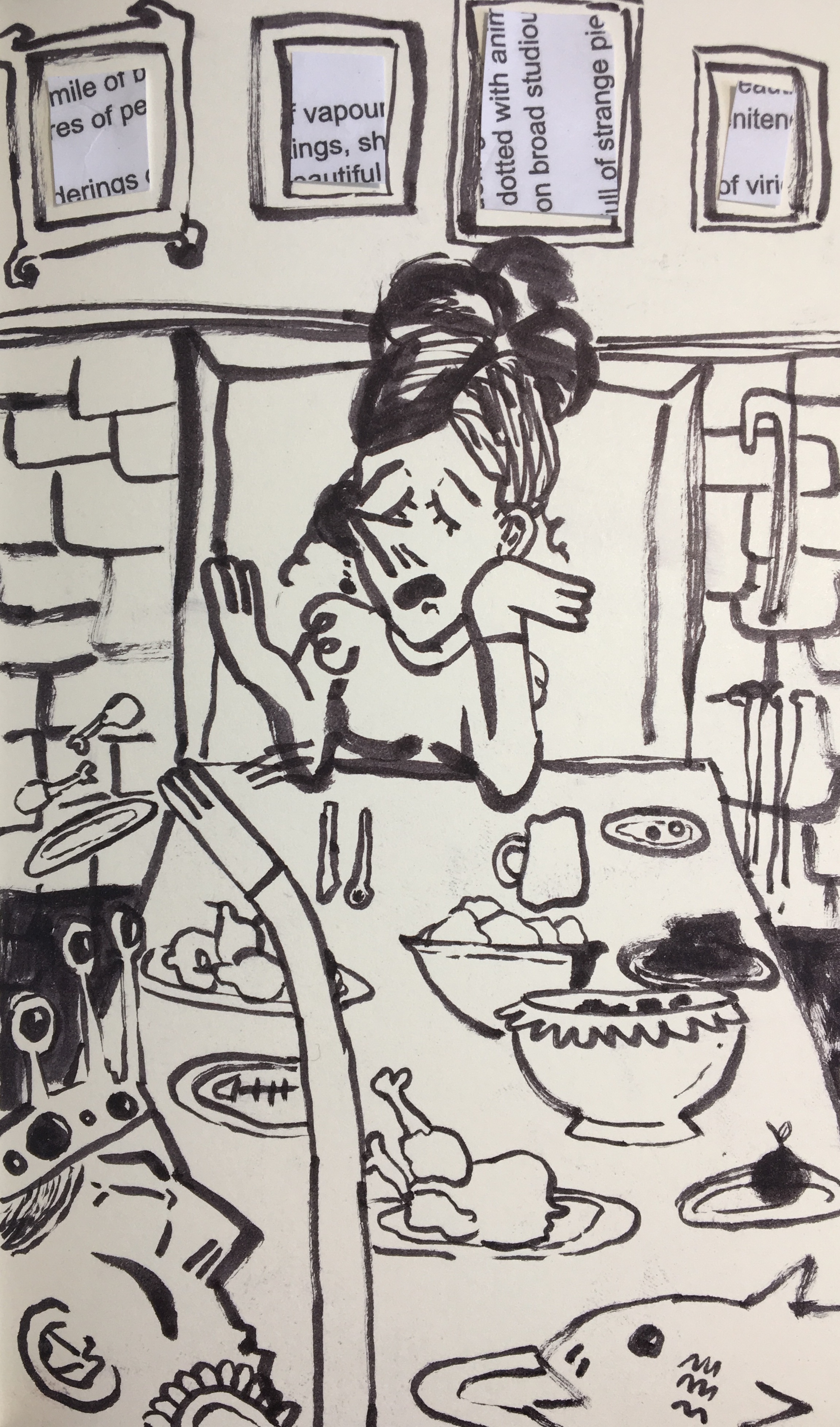cultural capital
Introduced by Pierre Bourdieu in the 1970s, the concept has been utilized across a wide spectrum of contemporary sociological research. Cultural capital refers to ‘knowledge’ or ‘skills’ in the broadest sense. Thus, on the production side, cultural capital consists of knowledge about comportment (e.g., what are considered to be the right kinds of professional dress and attitude) and knowledge associated with educational achievement (e.g., rhetorical ability). On the consumption side, cultural capital consists of capacities for discernment or ‘taste’, e.g., the ability to appreciate fine art or fine wine—here, in other words, cultural capital refers to ‘social status acquired through the ability to make cultural distinctions,’ to the ability to recognize and discriminate between the often-subtle categories and signifiers of a highly articulated cultural code. I'm quoting here from (and also heavily paraphrasing) Scott Lash, ‘Pierre Bourdieu: Cultural Economy and Social Change’, in this reader.



